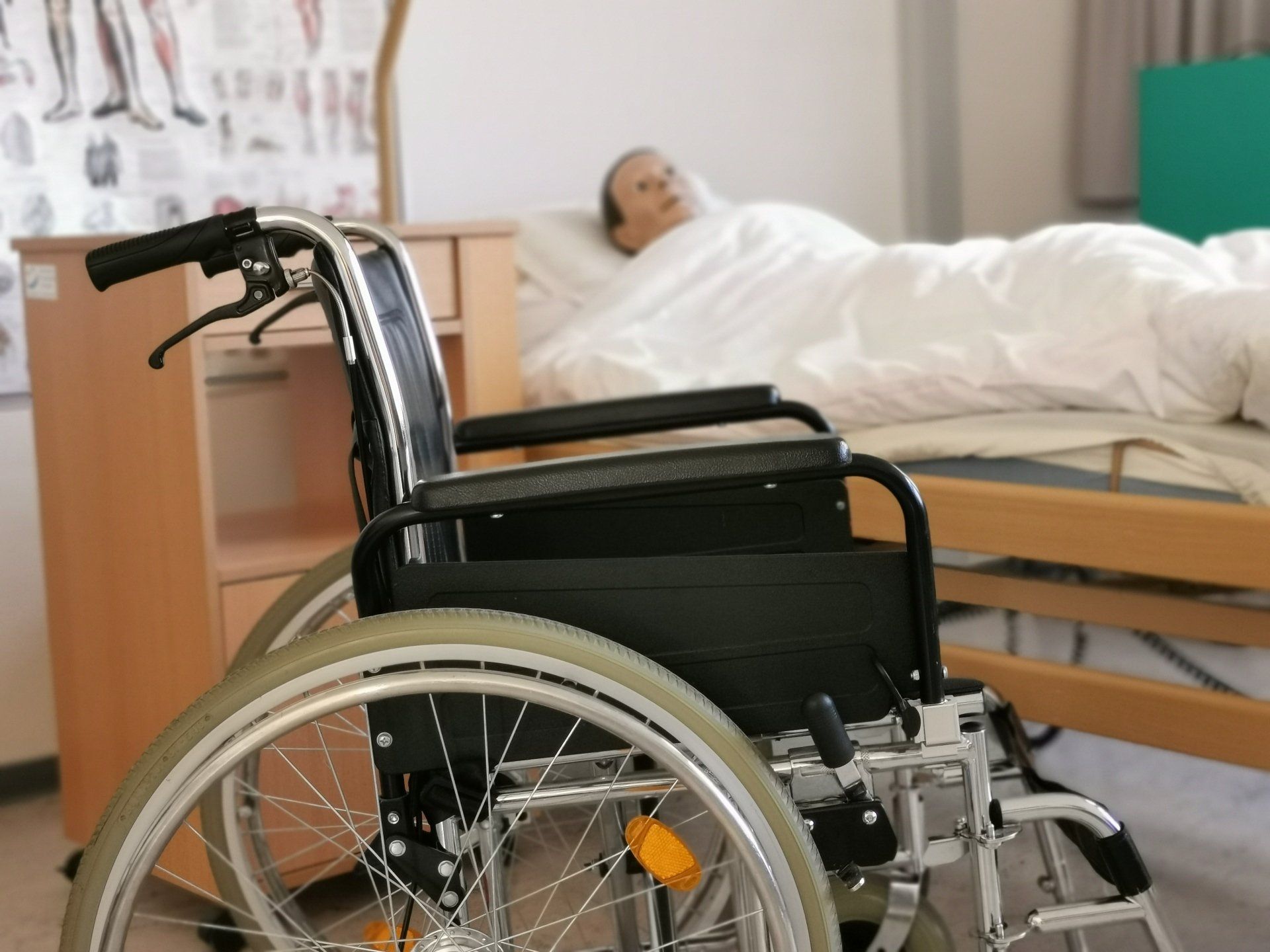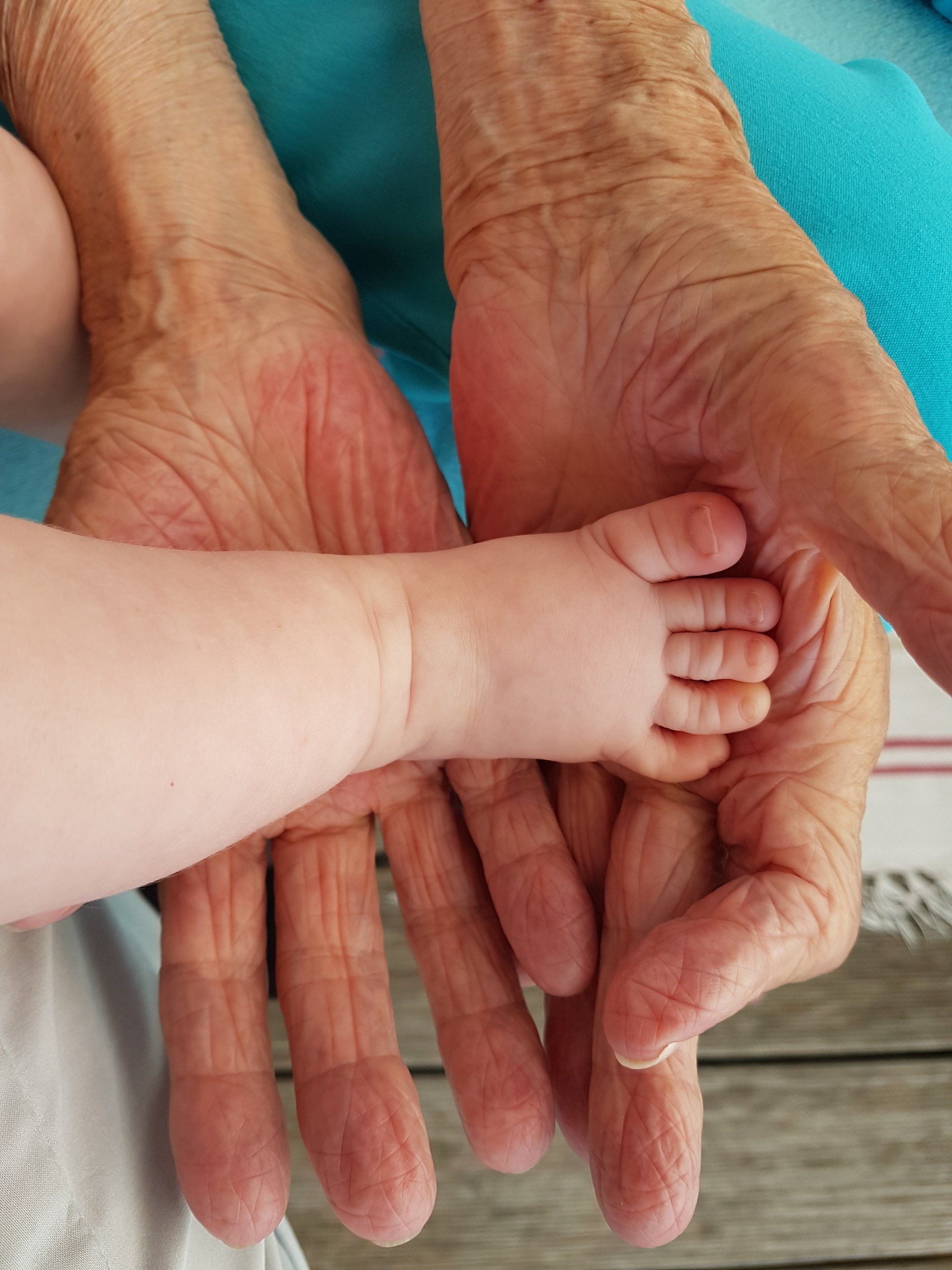3-year vocational school for nursing
Your path to becoming a nurse.
CARE IS DIVERSE Countless facets, large spectrum of activities. very different fields of activity with a high level of professional and social competence. From supporting people in need and their relatives at home or advising on care in homes and clinics to working in high-tech areas of the health care system. Fields of activity in education, in case control at interfaces, in management or in research.NURSE IS QUALIFIEDSince 2020 a new professions law has been in force that gives nursing training a generalist orientation and has introduced a new job title (nursing specialist).All trainees learn Caring for people of all ages in all possible care situations. The professional qualification as a nursing specialist is automatically recognized throughout the European Union. NURSING IS COMPETENT Always facing new challenges: they treat, decide, listen and advise, shape everyday life and coordinate, as well as health promotion and preventive approaches. Central contact person around the clock. At least as important are not only a lot of specialist knowledge and experience, but also sensitivity, intuition, courage, patience and a lot of empathy. CARE HAS PERSPECTIVES The need for care services is increasing. Increasing life expectancy, social changes, occupational mobility, low birth rates, rural exodus and a shortage of doctors are leading to gaps in healthcare. At the same time, chronic diseases and dementia are on the rise, and poverty-related health problems, as well as multimorbidity and complex problems, increase the need for health services. With an existing shortage of nursing professionals, around 130,000 additional nursing professionals will be needed by 2030 in long-term care alone. Wide range of career opportunities. Building on basic training, there are countless ways to specialize or to reach leadership positions. NURSING OVERCOMES CHALLENGES The World Health Organization (WHO) places great importance on professional nurses: “The profession is invaluable for the health of the population. Without them, we will not be able to achieve the Sustainable Development Goals and universal health care.” The population trusts nursing professionals: as the first and most important contact person, they can have a direct influence on living conditions, behavior, the environment and resources. The associated opportunities are accepted by professional caregivers and they face great challenges in every country on earth. CARE MAKES HISTORY Modern care has roots that go back to the 19th century. Gradually, the nuns and deaconesses “serving for God’s reward” developed into a professional activity that required training. Nursing staff have accumulated more and more knowledge and, more recently, have also scientifically proven it. Today nursing science is the basis of nursing work. CARE HAS A FUTURE Nursing as support and care for sick, old and disabled people has existed since the beginning of mankind. In modern societies, this has become a job with a high degree of expertise and skills - and with a wide range of specializations. The need for professional care will increase. Options for care and treatment are becoming better and more sophisticated. Nursing has a future – like hardly any other profession. Tomorrow's healthcare needs to be decided today. This requires good education, training and further education and new professional roles and responsibilities within the healthcare system. CARE IS POLITICAL Taking an interest in professional policy aspects is part of professionalism. The ICN code of ethics states this professional responsibility of nurses very clearly: "Through her professional association, the nurse is committed to creating a positive working environment and to maintaining safe, socially just and economical working conditions in nursing."Why a nursing education at the BBS?• modern school with digital media and internet use • personal learning support with learning coaching and qualified learning advice • diverse forms of teaching with projects, seminars, excursions, course trips and portfolio work that promote self-directed learning • a cooperation network that offers diverse opportunities for exchange in the classroom and in the practical training enables • a motivated, committed and student-oriented school team • support of the trainees by a permanent course leader as a contact person • training is organized with the help of the care coordinators • large ßswift demonstration room • bright, friendly rooms • is centrally located, with good connections to public transport Access requirements:1. Intermediate school leaving certificate2. Secondary school leaving certificate plus a successfully completed - at least two-year vocational training - at least one-year assistant or helper training in nursing, which must meet certain conditions 3. Successfully completed ten years of general school educationTraining objective:In the nursing training, holistic and networked thinking should be promoted according to the tasks in the health care system will. The objective of the training is to convey the technical and personal skills required for the independent, comprehensive and process-oriented care of people of all ages in acute and long-term inpatient and outpatient care situations, including methodological, social, intercultural and communicative skills and learning skills as well as the ability to Knowledge transfer and self-reflection. Duration and content: The vocational training is divided into a company and a school part and is organized as block lessons. The theoretical and practical training takes place at a nursing school and has a scope of 2,100 hours. The practical training in the company is significantly more extensive at 2,500 hours. The trainee concludes a training contract with the provider of the practical training. This is the hospital, the nursing home or the outpatient nursing service. Since the training covers all areas of nursing, parts of the practical training are carried out in other nursing care facilities. All trainees receive an appropriate training allowance. The trainees receive general training in the first two years of training. In the third and last year of training, the students can decide whether they want to continue their general training or specialize in geriatric care. Practical training assignments: • Orientation assignment (first assignment with the practical training provider, 400 hours) • Mandatory assignments: - Acute inpatient care (hospital, 400 hours) - Long-term inpatient care (nursing home, 400 hours) - Outpatient care (400 hours) - Pediatric care (60 - 120 hours) - Psychiatric care (120 hours) • Advanced assignment (last assignment at the carrier of practical training, 500 hours) • Other assignments (e.g. hospice, advice centers etc., 80 hours) Your contact for further information: Stefanie Nauerth (stefanie.nauerth@bbs-germersheim.de) and Beate Gehlhar-Rupp (beate .gehlhar-rupp@bbs-germersheim.de)










